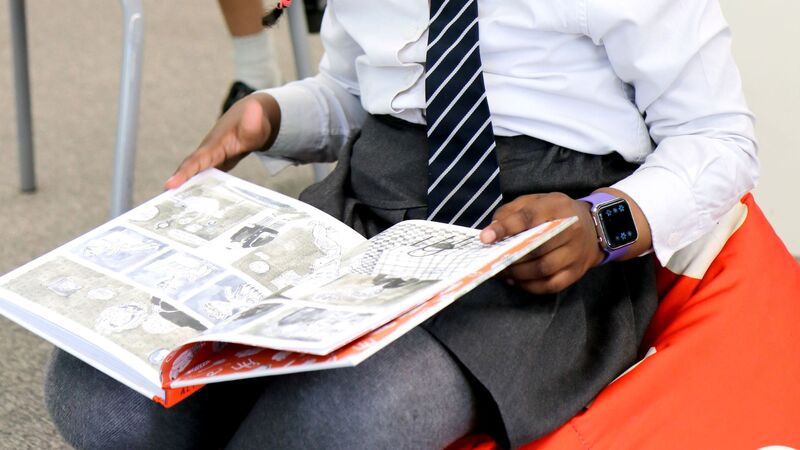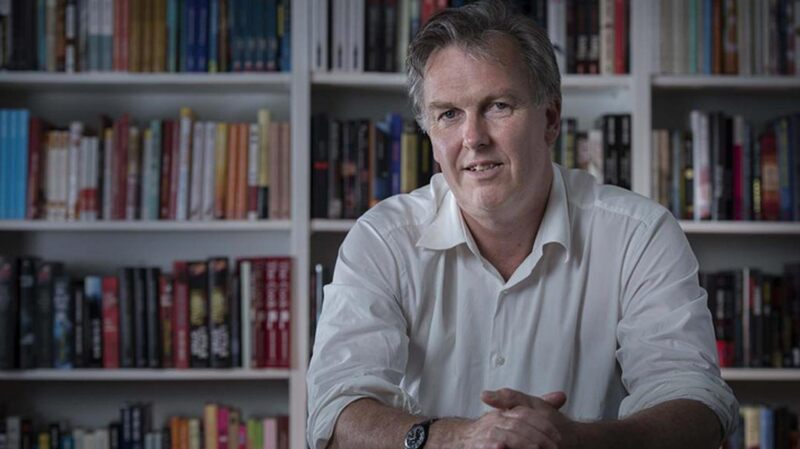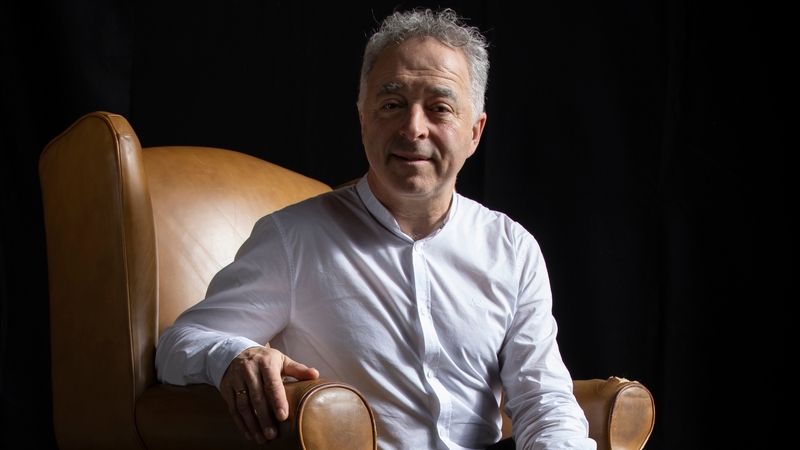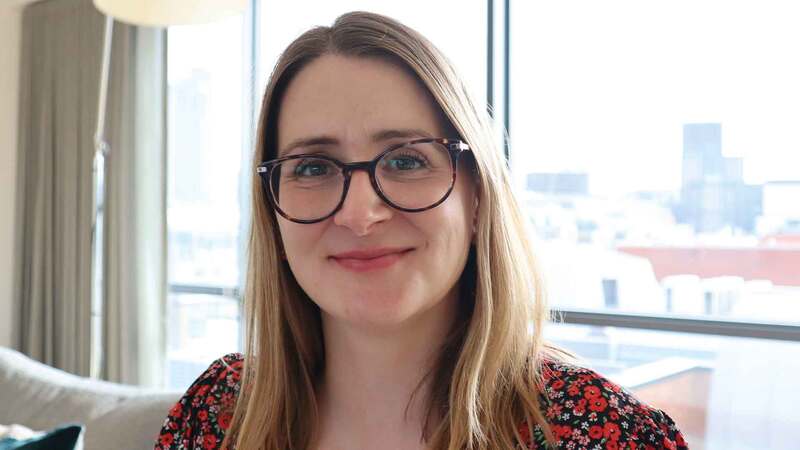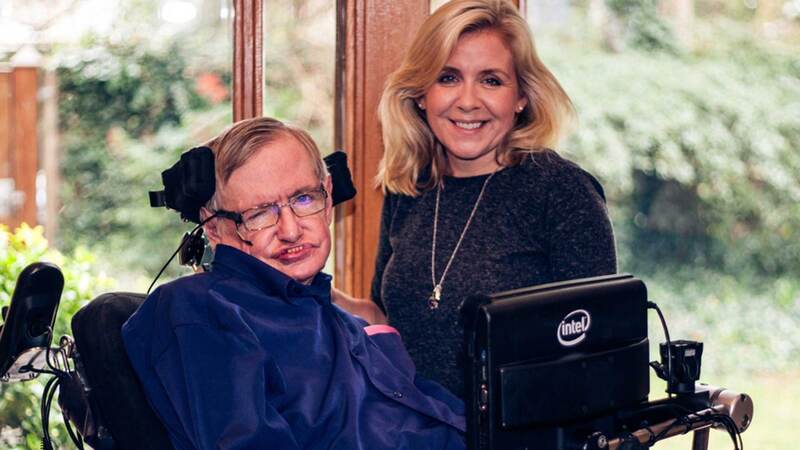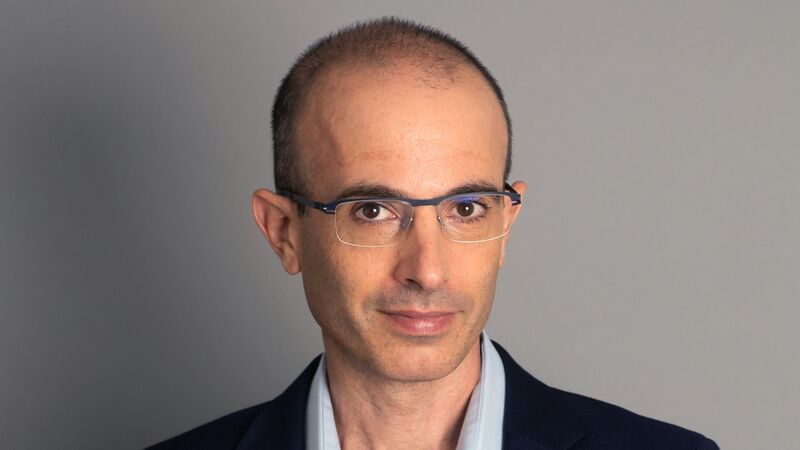You are viewing your 1 free article this month. Login to read more articles.
‘Brainy backlist’ helps boost non-fiction market
A dramatic shift is under way in the non-fiction market with "more intelligent" titles on the rise, partially the result of the continuing wane of the celebrity market. The move has seen a boom in backlist titles, boosted by the influence of online retailers, a step-change in non-fiction commissioning and a desire for publishers to build long-lasting brand authors.
Of the 100 top-selling titles in Nielsen BookScan’s Adult Non-Fiction: Trade category in 2018 to date, 37% are backlist (defined as published more than 12 months ago). That figure is a marked jump on the equivalent five years ago, when "long-tail" titles accounted for 25% of the top 100 at a similar point in the year. Long-tail titles this year near the top of the charts include Yuval Noah Harari’s Sapiens and Homo Deus (both Vintage, published in April 2015 and March 2017 respectively), Tim Marshall’s The Prisoners of Geography (Elliott & Thompson, June 2016) and Professor Steve Peters’ The Chimp Paradox (Vermilion, January 2012).
The shift coincides with a notable reduction in sales of celebrity memoirs. Last year the Autobiography: The Arts category (in which most celebrity titles are coded) had its third lowest full-year revenue total since Nielsen BookScan records began, taking £15.8m, a whopping 54.8% off where the celebrity market was a decade ago.
Blackwell’s trade buying manager, Katharine Fry, said she would "absolutely concur on the impact we’re seeing on the long-tail", with one of its consistent bestsellers, Daniel Kahneman’s Thinking, Fast and Slow (Penguin), more than six years old. Asda’s buying manager for books, Phil Henderson, agreed, claiming that its non-fiction books were "having a longer life in-store".
Readers’ greater demand for "more intelligent" material is said to be behind the change in the market, while some trade figures have said the ease with which book-buyers can find backlist titles on Amazon, in addition to the growing popularity of audiobooks, has thrust long-tail titles into the spotlight.
Harari’s editor Michal Shavit commented: "In an increasingly bewildering world, with competing entertainment formats, what we are seeing is readers searching for quality, wisdom, clarity and novel ways of storytelling. The phenomenon we have seen with Yuval Harari’s books and the increasing success of backlist non-fiction, is testament to that."
Kings Road Publishing managing director Ben Dunn said: "Because celebrity has dropped off so much, I think the answer in non-fiction has been to have breadth and quality in the list. And, if things are genuinely good, they find their market; it doesn’t matter if it’s frontlist or backlist."
Bluebird publisher Carole Tonkinson welcomed the change in non-fiction in favour of "smarter books . . . People seem less obsessed with ‘Made in Chelsea’ spin-offs and the like, which can only be a good thing," she said.
Ed Faulkner, non-fiction publisher at HarperCollins, said he had seen "a shift from celebrity to authentic voices, because there is so much noise from social media and the media in general".
Georgina Laycock, non-fiction publisher at John Murray Press, said it was cheering to see a desire from readers for books that will "stretch them", reflecting that some celebrity publishing in the past had been "quite lazy". In the absence of innovation, consumers will always "vote with their feet", Laycock said.
Publishers active in celebrity memoirs have indicated that they are more discerning than ever. Sphere non-fiction publisher Adam Strange said "vanilla’s not really an option these days" when it comes to commissioning autobiographies and Amanda Harris, publisher for Seven Dials and Orion Spring, said: "The cradle-to-grave retelling of the story isn’t enough now. I’m looking for ‘memoir-plus’; yes, there’s a telling of the story, but what is it also telling the reader about their experience?"
The rising number of people shopping on Amazon is also thought to be aiding backlist sales because of the retailer’s ability to offer "a really wide shop-window". Atlantic editorial director Mike Harpley said highly-ranked books on the retailer’s platform were "more visible and this becomes self-fulfilling", while Dunn said the growing market for audiobook downloads could also be credited with making backlist non-fiction more discoverable. "Because Amazon is now so strong —and it is a range bookseller—people don’t make that differentiation [between frontlst and backlist] like they used to. If it’s well reviewed and quality, they will buy it," said Dunn, adding: "The beauty of audio, for publishers, is that it makes [books] more accessible. It’s proven to be bringing new and younger readers into the market.”
‘Brand’ new
Tried-and-tested brand authors are also helping to keep backlist sales alive, according to Denise Bates, Octopus’ group publisher, who added that risk-averse retailers were more likely to plump for books by writers who have sold successfully in the past. Octopus’ backlist sales are up 15% this year, with seven of its top 20 non-fiction backlist titles categorised as "brand- driven". Its backlist titles Keep Calm and Colour Unicorns and The Little Book of Mindfulness by Doctor Patrizia Pollard are both among the top 100 non-fiction books of 2018.
"The brands themselves can provide ongoing promotion and, as they are names consumers come across every day, the books retain relevance in peoples’ minds," said Bates. "I think the other factor is that retailers are increasingly prepared to repeat and support books that have worked, rather than constantly switching them out for newly published titles."
Considering illustrated non-fiction, Pavilion m.d. David Graham said more than 50% of its sales were backlist, with Millie Marotta’s colouring-in books continuing to sell "well into four figures" every month, and, in one example, a book of embarrassing dad jokes last year amassing sales of 25,000—the book’s best annual return since its 2011 release. Graham suggested this was down to the ability of publishers’ sales teams to find new accounts—for example, Pavilion is setting up a dedicated in-house sales team to pursue the heritage market.
However, he also said it was both "a positive and a frustration" that backlist continued to deliver on account of risk-averse retailers often staying with a title "until it stops working". This can pose a challenge for new entrants, Graham said, along with pressures in the coedition market—an area that Quarto, which saw its profits plunge by 58% (to £7.2m) last year and its chief executive Marcus Leaver exit the business last week, also publishes in.
Publishers have been thinking more creatively about the backlist they have, too, said Harris, bearing in mind that each new publication builds an author’s brand to the benefit of all of their publishing. For its part, Orion has been actively seeking rights to backlist titles and employing a dynamic pricing strategy to shift copies of older titles, i.e. by flexibly pricing backlist e-books at comparatively much lower prices to frontlist. When striking a deal for new titles from health, beauty and wellbeing author Liz Earle, Harris picked up the rights to a 30-strong series of out-of-print titles to publish in e-book. One of the books proved such a hit that Orion went on to publish it in paperback.
"It’s brand-building, and it’s looking at our [pricing] in an honest, creative way," said Harris. "In terms of our new publishing, we are looking for those quality books that we know will backlist really well. And sometimes we do buy books on a two-year selling profile. That’s a really exciting development—to think long-term."
Overall, the Non-Fiction category through Nielsen BookScan has been recovering marginally in the past few years. In 2014, Adult Non-Fiction: Trade plummeted to £584.8m, the second- lowest TCM total since records began, and some £231m down on Non-Fiction’s high-watermark year (2007). After that, it recovered to £650.2m
in 2015, grew further to £692.2m a year later, and slightly contracted, to £689.1m, last year.
Current trends in non-fiction
Readers are hungry for books that will help them understand the world at a time of political upheaval, with "smart thinking" works in popular science, psychology, business and current affairs proving a hit with readers. "Authentic voices" challenging the status quo along with discourses on feminism, diversity, mental health and medical memoirs, are also on-trend, agents and publishers have said.
"Contemporary political turmoil means that readers are turning to books that enable them to integrate their own view into a larger sense of continuity, into the sweep of time and geography," said Will Francis, agent at Janklow & Nesbit.
Ian Marshall, editorial director of non-fiction at Simon & Schuster UK, echoed this view: "the world is more confusing than it has been for a while. There are lots of things to worry about and i think people go to books for a reliable source of information. People want something with a bit more depth."
Robin Harvie, non-fiction publisher at Pan Macmillan, observed that at the other end of the non-fiction spectrum, the Youtube phenomenon had "really died a death" and celebrity memoir, although "still pretty solid", was moving away from the traditional "cradle-to-grave" celebrity autobiography and towards narratives like Robert Webb’s memoir How Not to Be a Boy (Canongate).
Agent Cathryn Summerhayes agreed. "Readers are increasingly seeking quality, authentic voices—they are finding those in unknowns more than they are in ghosted or disingenuous celeb memoirs."
Laura Deacon, editorial director at Amazon Publishing— which recently launched non-fiction imprint Little A in the UK—cited examples such as Reni Eddo-Lodge’s Why I’m No Longer Talking to White People About Race (Bloomsbury) and Adam Kay’s This is Going to Hurt (Picador) as examples of where there had been "a real shift" in content towards narratives she said "put the reader at the heart of the book, and serve as a call to action—whether that be by challenging the status quo, finding the narrative in everyday experiences or provoking debate among readers well beyond the page".
Meanwhile, Bluebird publisher Carole Tonkinson thinks more people want to read more about people’s real stories. “People want to read about lived experience—not self-help, not something that can be Googled, but people’s actual stories. narratives that address diversity issues are also finding a much broader new audience, from LGBTQ, to neurodiversity, to race. I think we’re going to see more and more stories to help us understand and celebrate the multiplicity of experience," she said.




